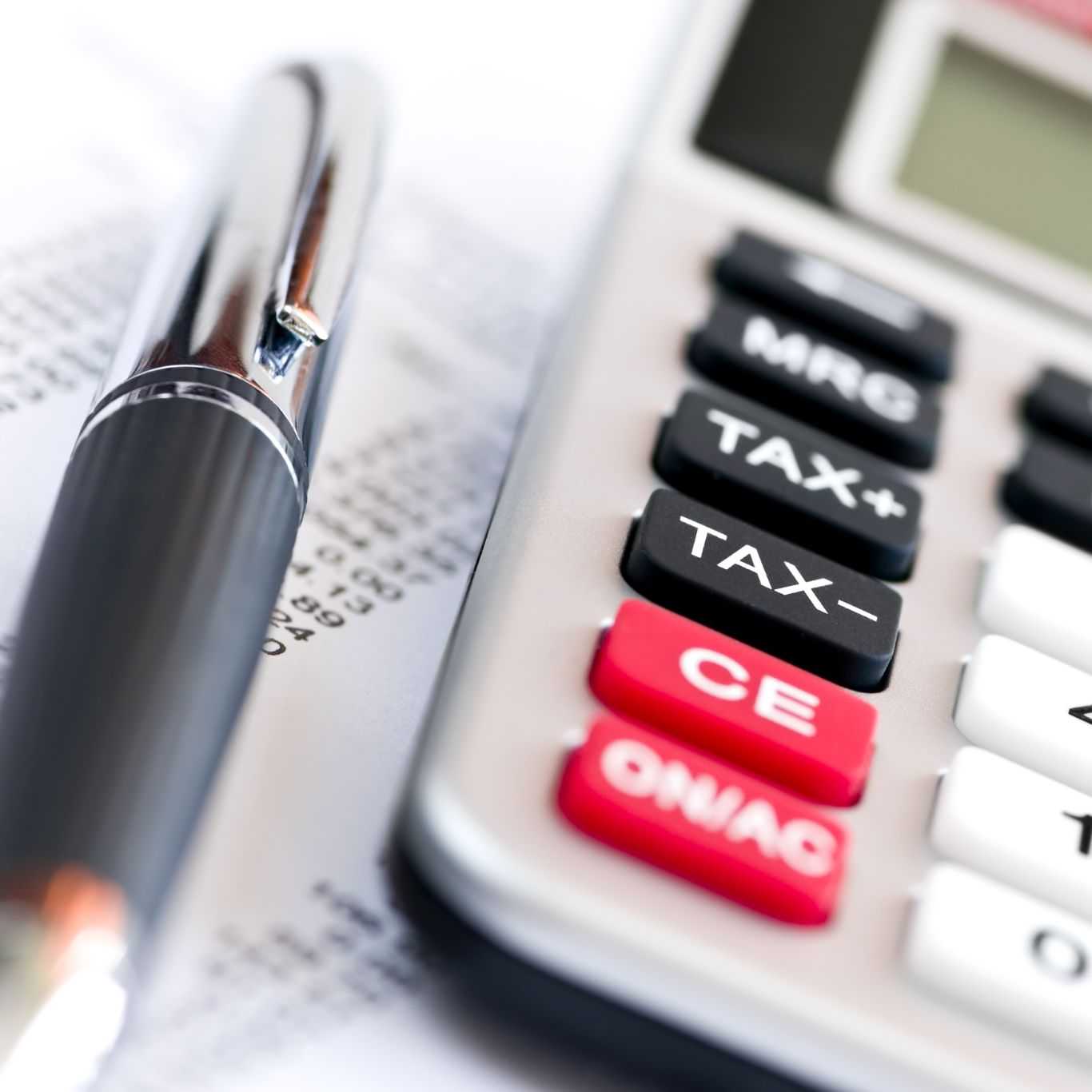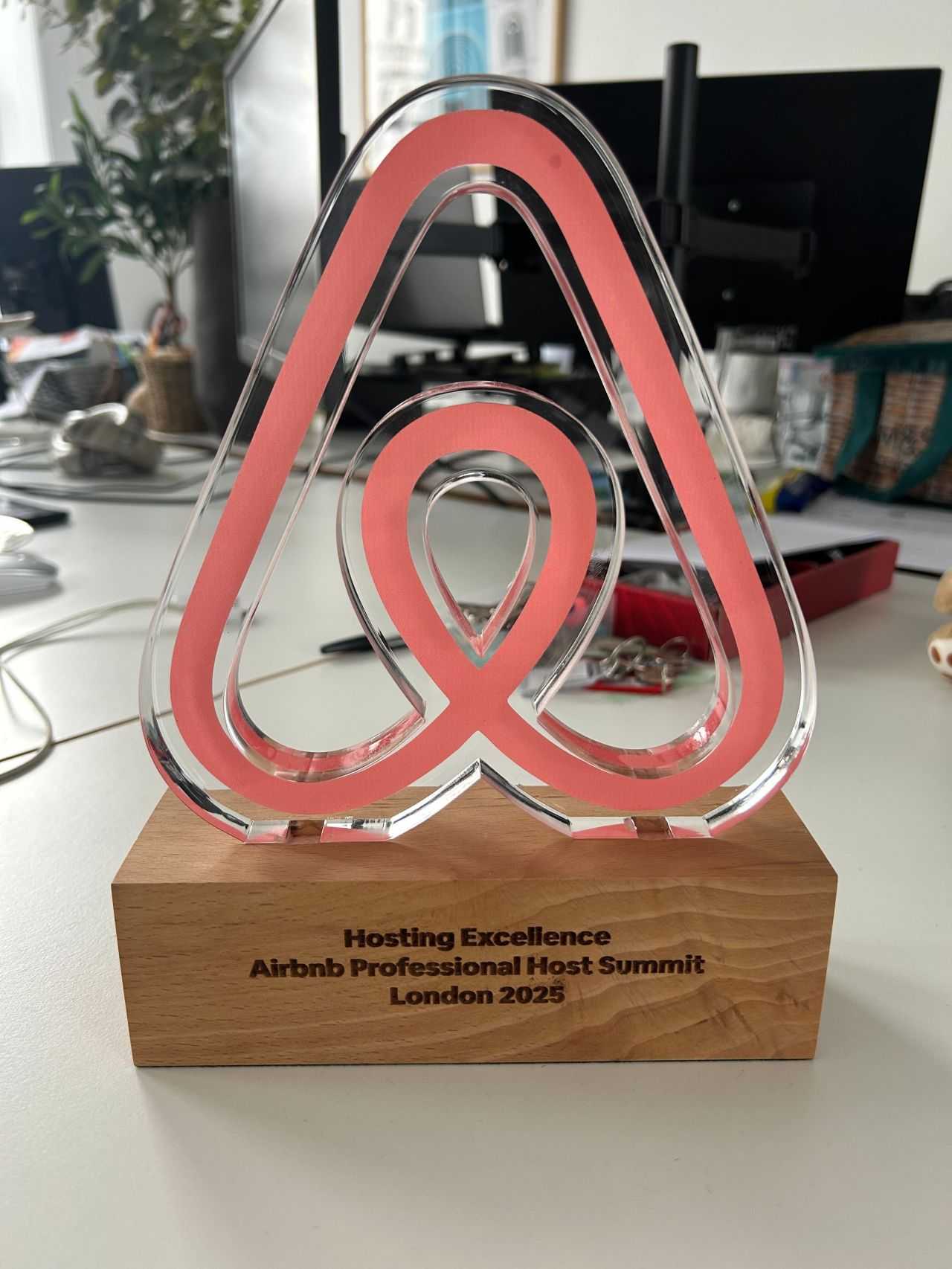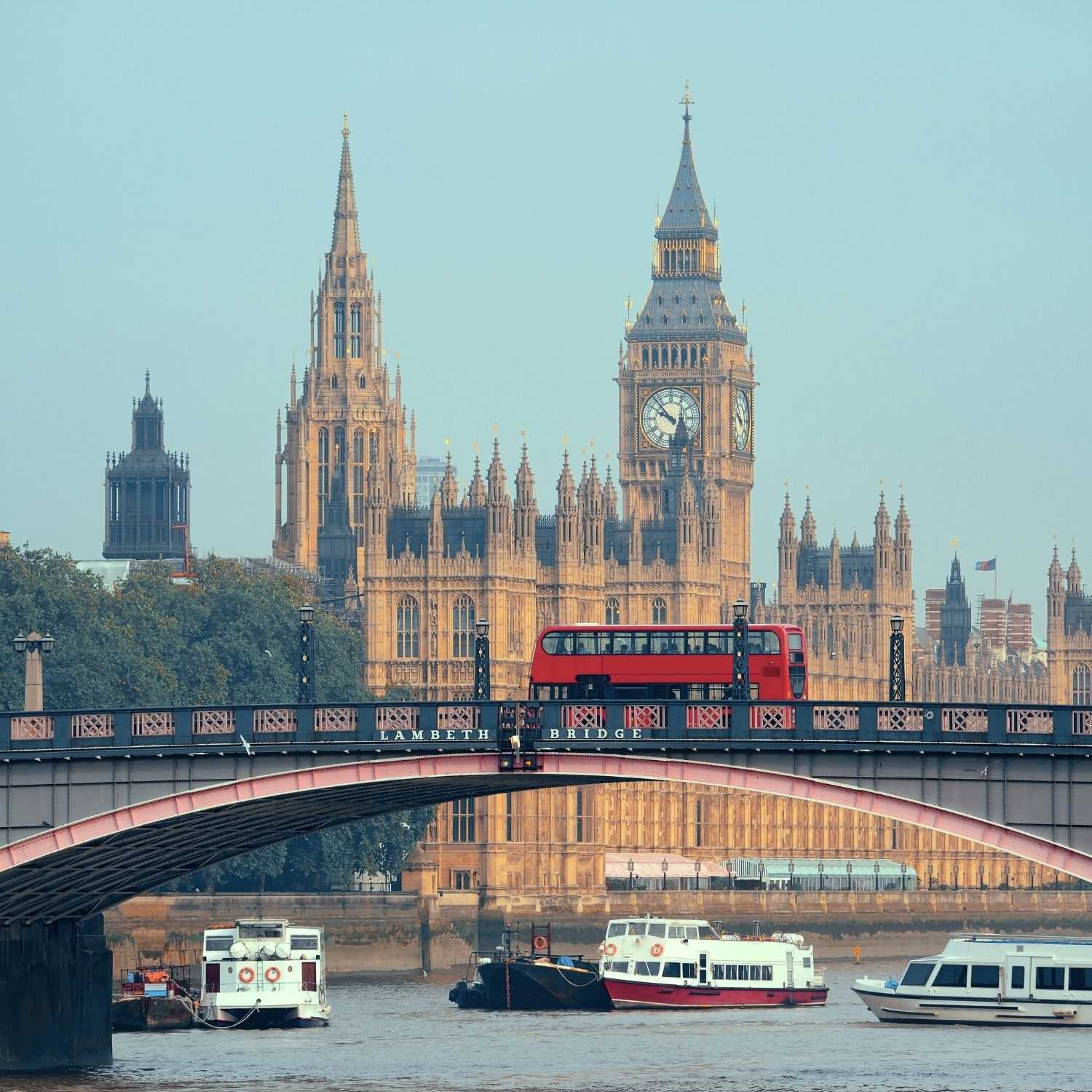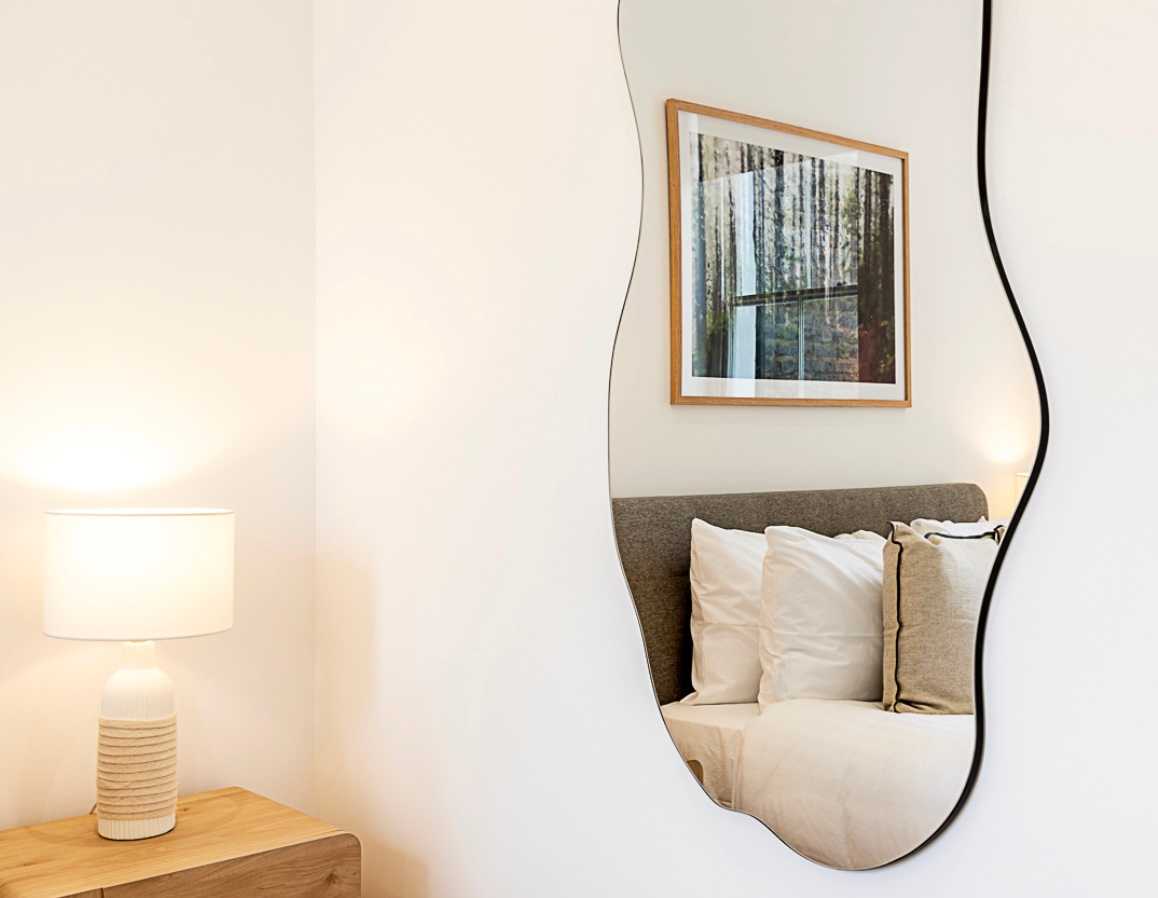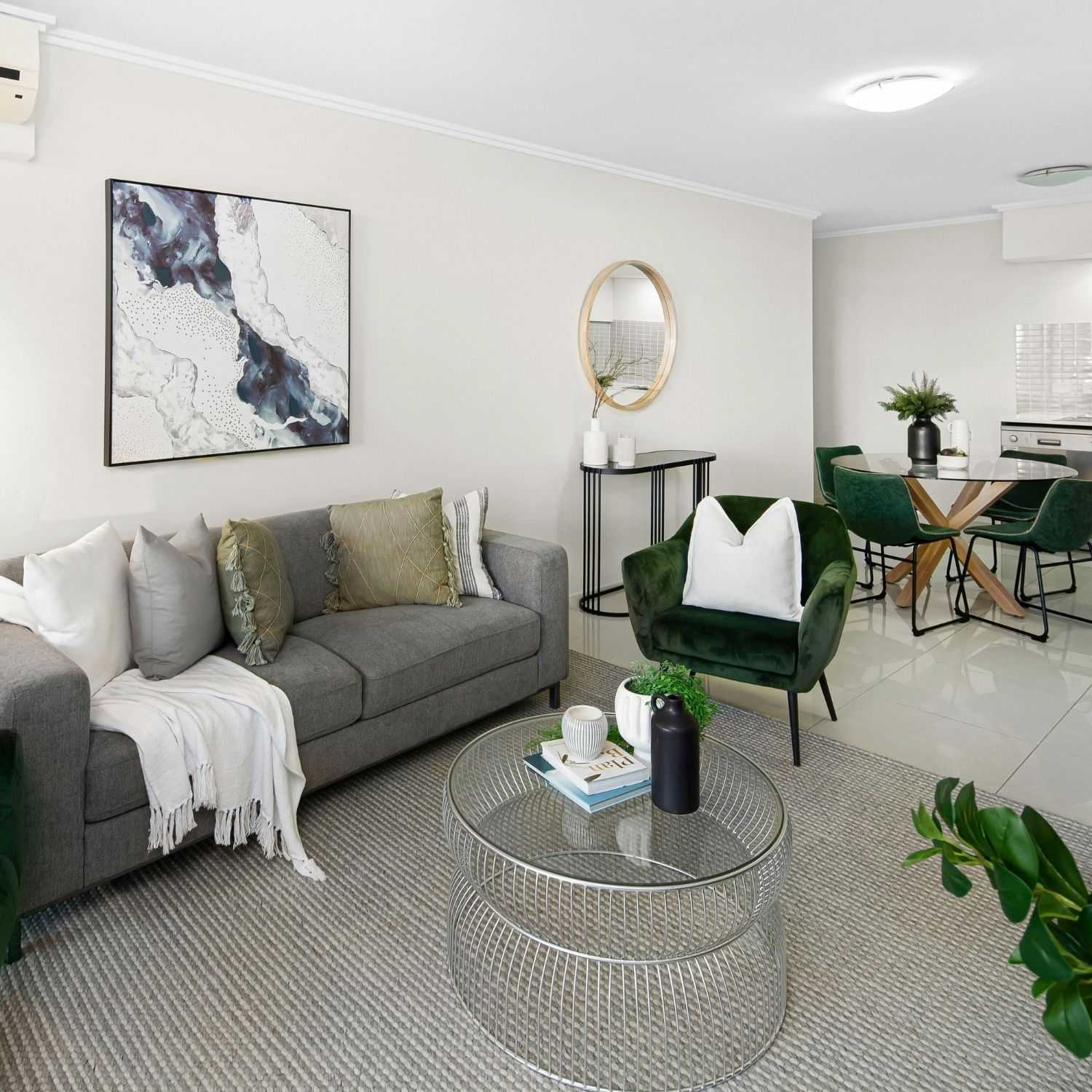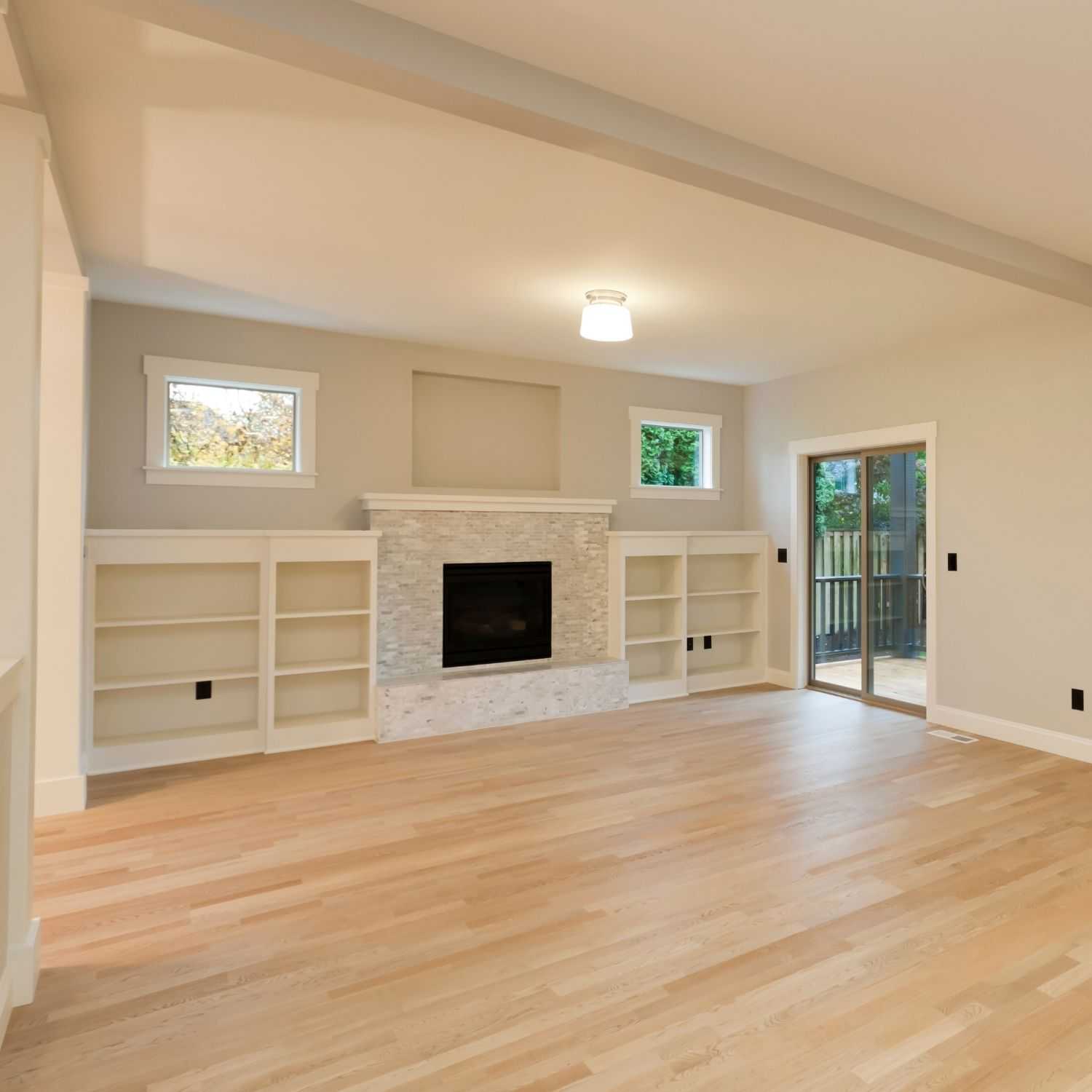Share post:
Property ownership comes with tax responsibilities that should be met if you want to protect your rental properties and stay compliant with local regulations. As a landlord, it’s up to you to understand the intricacies of London’s tax rules so you can meet your financial obligations without compromising the income potential of your holiday lets.
Before you can learn about your tax obligations, you must first understand the classification of your properties for rent. For instance, furnished holiday lets or FHLs have special tax rules that don’t apply to other rental properties.
In this article, the focus will be on the tax obligations of furnished rentals in London. You’ll learn the specific tax rules that you need to meet as the owner of FHLs.
What Classifies as Furnished Short Lets?
Also known as furnished holiday lets or FHLs, these are properties rented out by their owners as holiday homes for a short period. These are different from buy-to-lets because FHLs are only for short-term letting purposes.
According to the HS253 Furnished Holiday Lettings guide, a rental property can be considered an FHL if it meets the following conditions:
- The property is located in the UK or anywhere in the EEA (European Economic Area, including Iceland, Norway and Liechtenstein)
- The property is sufficiently furnished as a dwelling place and guests are allowed to use them during their stay.
- The property is intended for profit (to classify as a commercial let). Even if the property is not rented out (especially during the off-season), it can still be considered a commercial let as long as it meets the minimum occupancy period and the owner is not the one occupying the space.
There’s a minimum and maximum period for letting holiday properties in the UK. First, it should be available for at least 210 days in a year. The remainder of the year can be utilised by the property owner or their relatives. Also, out of the 210 days, the holiday lets should be rented out for at least 105 days. Each short-term rental should only last 31 days or less at a time. If you have to rent it out for more than 31 days, it should not go beyond a total of 155 days per year.
It’s also important to note that in London, there’s a 90-day rule that short-term rentals should follow. Get to know the details of this rule so you can comply.
In case your multiple FHL properties can’t individually meet the minimum period of letting, you can use the averaging election option to qualify. This allows you to combine all your FHLs and get the average occupancy rate instead.
There’s also an option to waive the conditions for a year – this is called the grace election.
Why is it important to identify FHLs from other types of rental properties?
Furnished holiday rentals have special tax rules. As a short-term letting property, it’s considered a trading business, unlike buy-to-lets which are considered investments. This differentiation places FHLs under a separate category when it comes to tax obligations. It allows furnished rentals to enjoy certain tax rules that include the following:
- Pre-tax profit deduction of capital allowances to cover furniture, fixtures, amenities and equipment in the property
- Capital Gains Tax relief claim for traders in the form of Business Asset Rollover Relief (delays CGT if property proceeds will be used to invest in another holiday let), Business Asset Disposal Relief (lower tax rate of 10%), Gift Hold-Over Relief (no CGT needed if FHL is given as a gift or passed on for less than its worth)
- Profit can be considered as pension contributions
Before you can benefit from these, it’s important to declare the profit and loss statements of your FHLs.
UK FHLs are classified differently from EEA FHLs. You can consider all your UK properties as a single FHL business but you can’t combine them with your EEA properties – and vice versa. So if you have Holiday rental properties in both areas you need to consider them as separate trading business entities. You can only use the profit and loss of your UK FHLs against each other. The same is true for your EEA FHLs.
This is an important distinction when you’re trying to reduce your tax payments.
Tax Obligations of Furnished Rentals in London
If your property classifies as a furnished short let, you have a couple of tax obligations to fulfil when the tax season comes.
Rental Income Tax
Any income generated by FHLs is required to be reported to the HMRC. this will be the basis for the tax payments that will have to be paid. If your FHLs use platforms like Airbnb, they file a separate report about your earnings to the HMRC. Airbnb hosts are usually given copies of this report so you’ll have to check that the information is correct so you’ll know if you’re paying the right amount.
Since FHLs are considered commercial businesses, you can deduct certain operational and maintenance costs from the gross income. This will effectively reduce your tax payments. The allowed expenses include but are not limited to the following:
- Utilities (heat, light, etc)
- Internet, TV license and other subscription fees (as long as guests are allowed to use them)
- Waste collection
- Mortgage or loan interests (only those related to the property)
- Professional costs (accountants, letting agents, etc)
- Regulatory checks (health and safety)
- Insurance premiums
- Maintenance and repairs (including cleaning, gardening, housekeeping, etc)
- Marketing costs
In case the expenses result in a loss for the FHL, they can’t be used to offset the tax payment of other forms of income. Instead, this will be forwarded to reduce future FHL tax payments.
Business Property Tax
These are tax payments required by local councils to cover local services provided for FHLs. You either have to pay the Business Rates or the Council Tax (in case certain properties don’t qualify for the business rates).
Ensure you understand your properties’ qualifying details so you know what tax payment applies to you.
In case you qualify for Business Rates, make sure you register with the local authorities so they can calculate the value of your property. They’ll look at the property type, location, size, condition and rental income. This is necessary in calculating the tax payment that you need to pay for your FHLs.
VAT (Value-Added Tax)
This is only applicable to FHLs with a VAT-taxable turnover that meets the registration threshold, which is currently at £85,000 (over 52 weeks). That means only those who generate income that’s greater than £85,000 can register. If you don’t meet the current threshold, there’s no need to register and pay the VAT.
Take note that in case you have to pay the HMRC VAT, you are also allowed to claim VAT from the HMRC for certain expenses.
The VAT rate from April 1, 2022 onwards is 20%.
Tips to Reduce Your Tax Payments
Although paying taxes on your FHL income is an obligation you shouldn’t ignore, that doesn’t mean you can’t reduce the amount that you have to pay. You can take advantage of the expenses that you can offset.
There are 2 things that you need to remember about this.
One, the expenses should only be related to those spent for commercial use. You’re allowed to include expenses even if the property was used for personal use – but you can only do so up to a certain percentage.
Second, you are not allowed to deduct any capital expense like the construction or renovation of the property – unless they are covered by the capital allowance list. This is a perk that FHLs have, not long-term rentals. Among the things that you can deduct includes furnishings, fixtures, equipment, carpets, appliances, electrical wires, etc.
Do You Need Professional Tax Advice?
Paying taxes is a responsibility that you should take seriously. Getting it wrong might compromise your license to operate furnished short lets or FHLs. Admittedly, all the intricacies in the tax regulations can be confusing. However, you can partner with a professional to make sure that you’re paying the right taxes without compromising your net income.
Choosing a reputable property management company won’t just make tax payments easier to handle – they can also help with the letting operations. At the very least, the property experts can connect you with a tax expert who can guide you through the payment process so you can stay compliant with relevant property laws.
If you’d like to know more about tax payments and property management, call us. Our property experts are ready to assist you.
